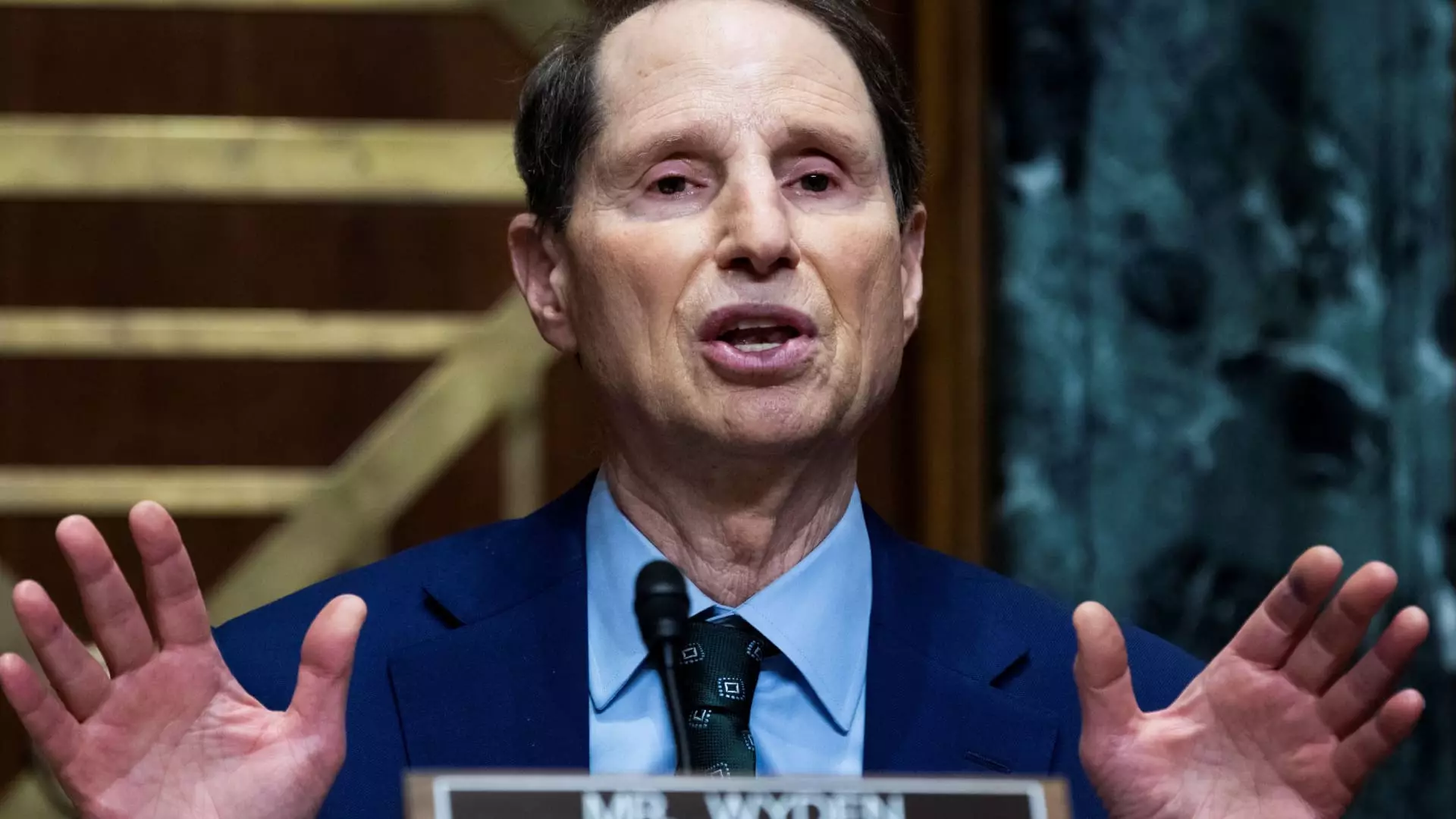Uncertainty looms over American taxpayers as the expiration of significant provisions from the Tax Cuts and Jobs Act (TCJA) draws closer. With trillions of dollars in tax breaks on the line, the decisions made by lawmakers in the coming years will greatly influence the financial health of millions of families and small businesses across the country.
The TCJA, introduced and implemented during Donald Trump’s presidency in 2017, revolutionized the landscape of taxation in the United States. While several provisions within the act were designed to provide immediate relief, many are set to expire after 2025 if Congress does not take substantive action. This impending sunset raises critical questions about the future direction of fiscal policy and how it will affect the American economy at large.
Statistically speaking, as many as 60% of taxpayers could find themselves facing increased tax burdens if no extensions are made to key provisions such as the reduced federal income tax brackets, enhanced standard deductions, and expanded child tax credits—an analysis underscored by the Tax Foundation. Lawmakers, aware of this ticking clock, grapple with balancing priorities amidst a landscape fraught with political uncertainty.
A particularly contentious issue lies in the fate of tax breaks for small businesses, especially the Qualified Business Income (QBI) deduction. This provision allows pass-through entities—formed as sole proprietorships, partnerships, and S-corporations—to deduct up to 20% of their revenues. With over 300,000 small businesses represented by the National Federation of Independent Business, the voice for making this deduction permanent is growing louder.
Jeff Brabant, a representative from the federation, emphasized that the QBI deduction served as a lifeline for many small business owners during turbulent times, including the recent pandemic which resulted in widespread closures and significant financial strain. These sentiments reflect a broader concern among small business owners who fear that the expiration of the QBI deduction may stymie recovery efforts, hindering economic growth and job creation.
In the realm of family economics, the debate around the child tax credit remains a priority for many advocates. Originally enhanced under the American Rescue Plan in 2021, the child tax credit increased significantly, allowing families to receive as much as $3,600 per child. This expansion was correlated with a remarkable drop in child poverty rates, reaching an all-time low of 5.2% in 2021, according to a Columbia University study.
However, with the expiration of the enhanced credits, child poverty has surged, highlighting the fragility of progress made. Indivar Dutta-Gupta, a tax expert at Georgetown University, articulated the urgency of maintaining and expanding these credits as a mechanism to improve the after-tax income for working families. With family welfare hanging in the balance, lawmakers face mounting pressure to embrace reforms that could prevent a regression in social safety.
The impending expiration of TCJA provisions adds another layer to an already complex fiscal landscape. As government spending spirals, with over $1 trillion in interest generated from the national debt this fiscal year alone, the state of the federal budget remains a pressing concern for politicians and economists alike. Kent Smetters of the Wharton School aptly highlighted the dilemma, suggesting that lawmakers are fixated on superficial issues while more pressing economic crises simmer beneath the surface.
Negotiations will likely occur in a charged atmosphere of uncertainty where competing factions vie for limited resources. Efforts to extend beneficial tax provisions will need to be balanced against the backdrop of fiscal responsibility, making the road to reform rocky and fraught with difficulties.
Ultimately, the ongoing debates surrounding the aforementioned tax provisions and their potential expiration signal a critical juncture for American fiscal policy. As families and small businesses brace for potential tax hikes, the outcomes of future legislative actions will play a significant role in shaping economic stability and growth for years to come. Balancing the immediate needs of taxpayers against broader economic imperatives will require sound policy-making and robust negotiation skills in the face of considerable challenges. It’s evident that the future of American taxpayers rests precariously on the decisions made in this legislative session and beyond.

